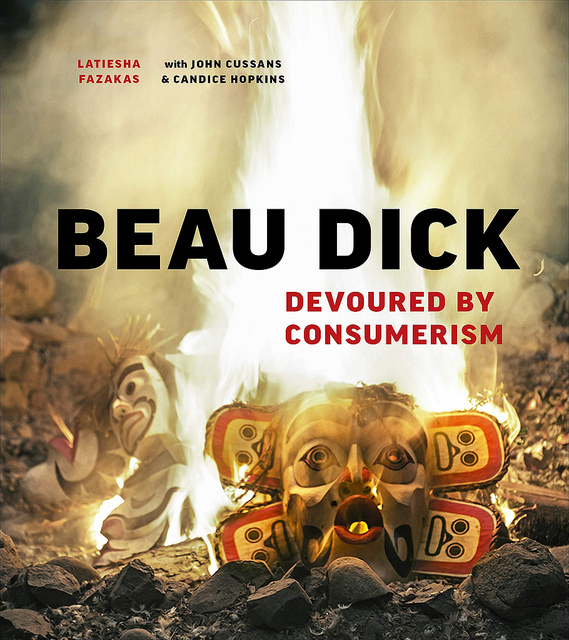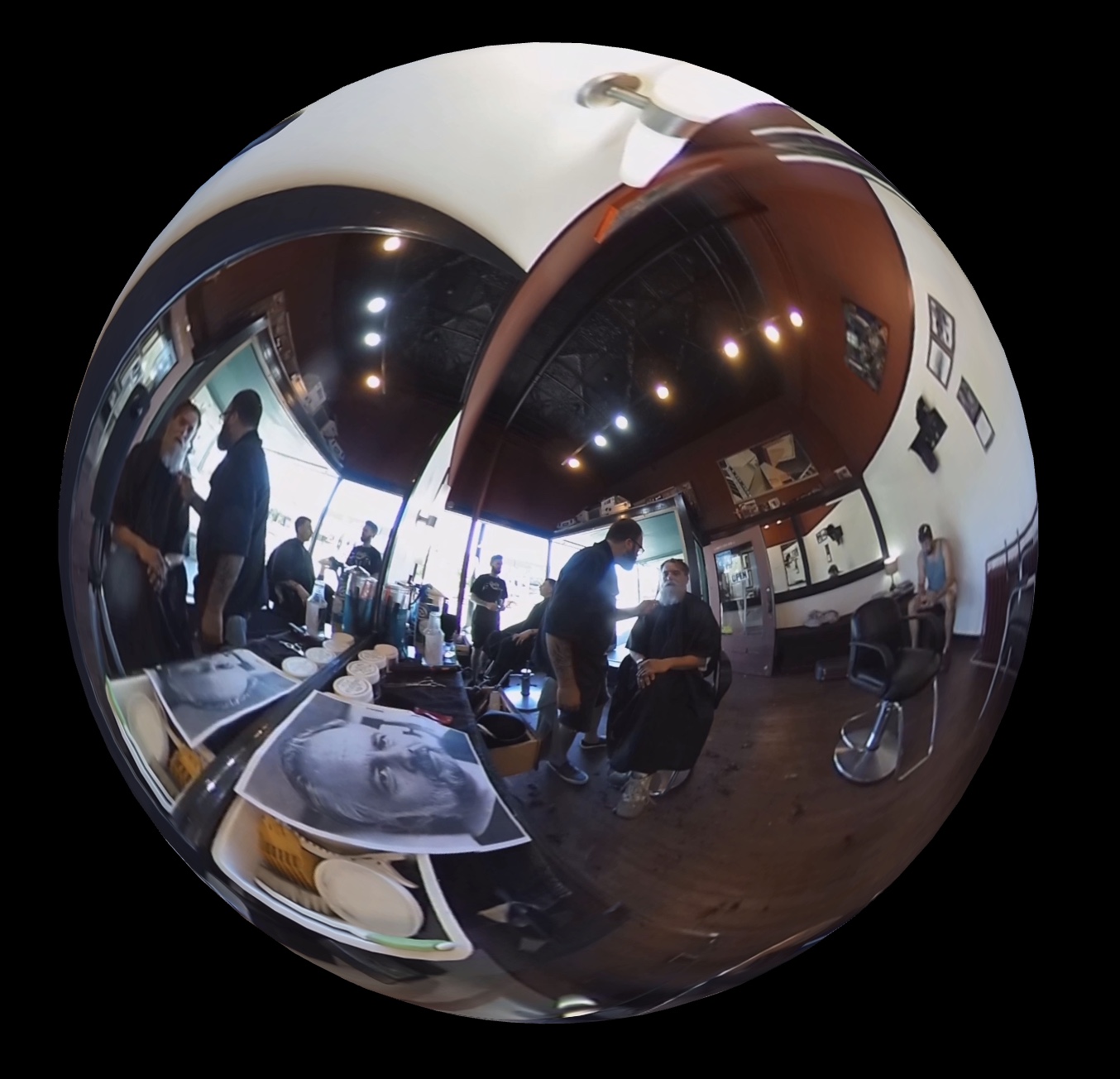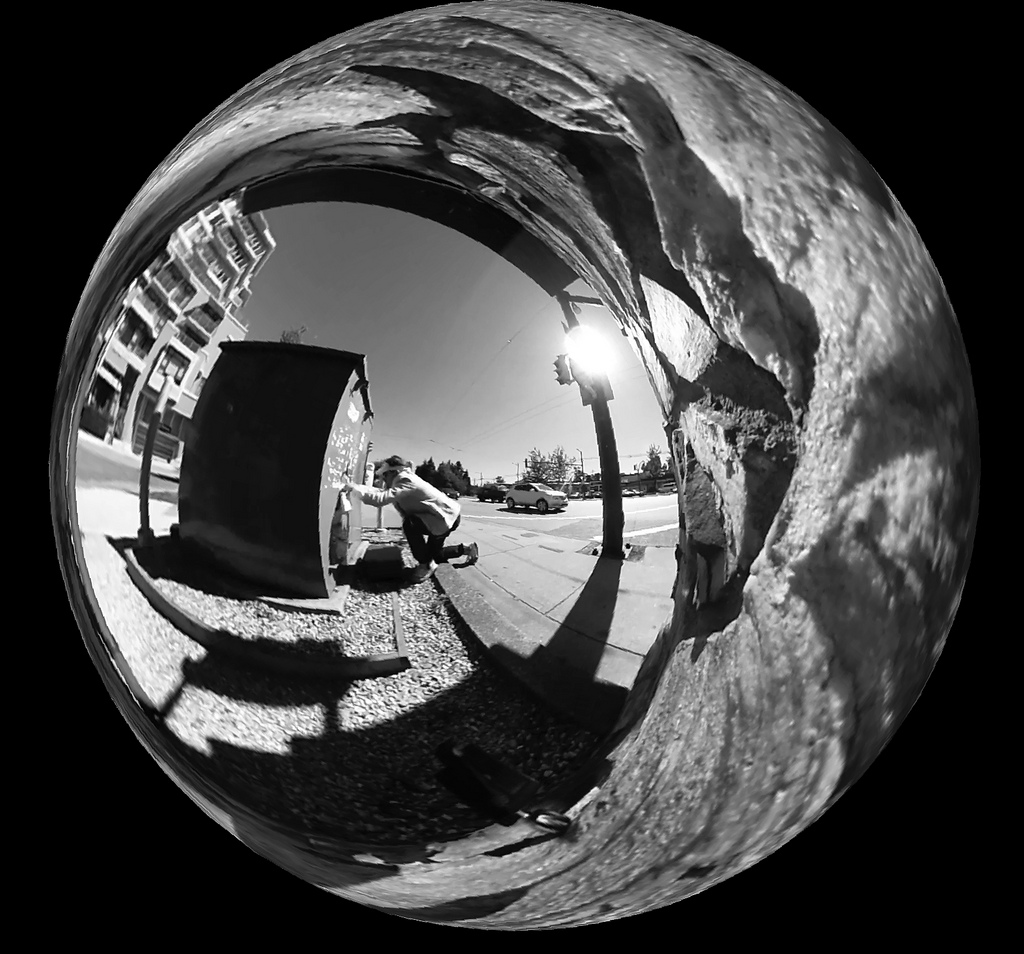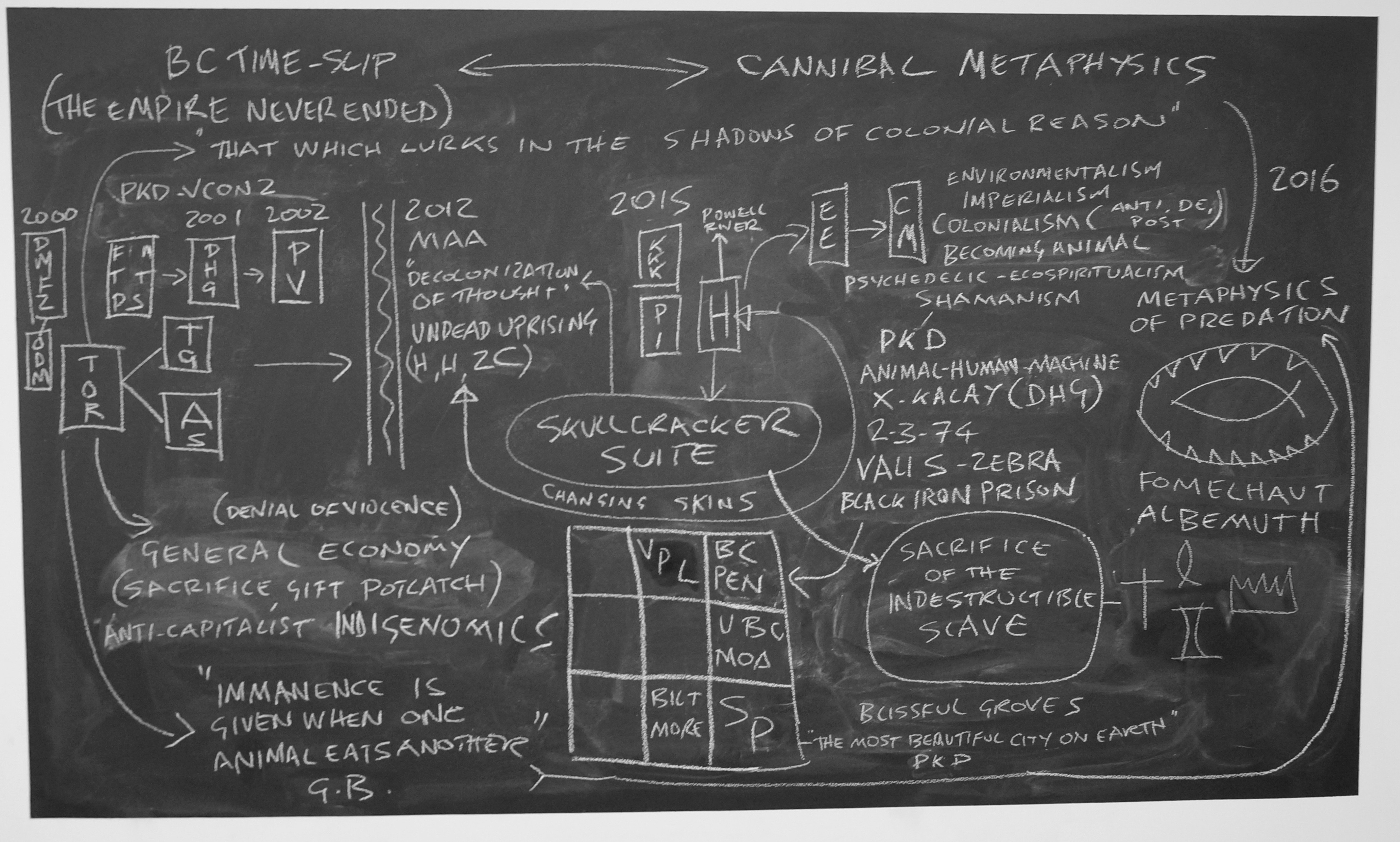
The Skullcracker Suite is a long-term arts research project investigating processes of cultural decolonization in British Columbia from ethnographic, science-fictional and First Nations perspectives. Drawing on the mythology, dances and art of the Kwakwaka’wakw peoples of British Columbia, The Skullcacker Suite takes its name from Hox’hok, one of three giant cannibal birds of Kwakiutl legend. Hox’hok’s skull-cracking and brain-eating powers are imagined as a dramatic allegory for the interwoven process of colonial violence, indigenous resistance and the metaphysics of predation that bind human and non-human beings in a system of mutual, ecological and entangled co-dependency.
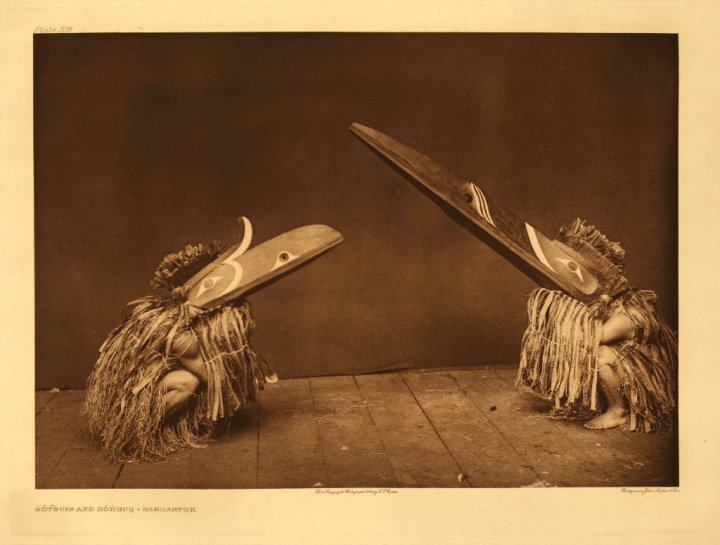
Photograph Edward S. Curtis circa 1914
The first phase of the project – ‘BC Time-Slip (The Empire Never Ended)’ – began with a one-month residency at Dynamo Arts Association in Vancouver in August 2016 where the gallery was made into a research installation investigating the story of the science fiction writer Philip K. Dick’s stay at a First Nations rehab clinic called X-Kalay.
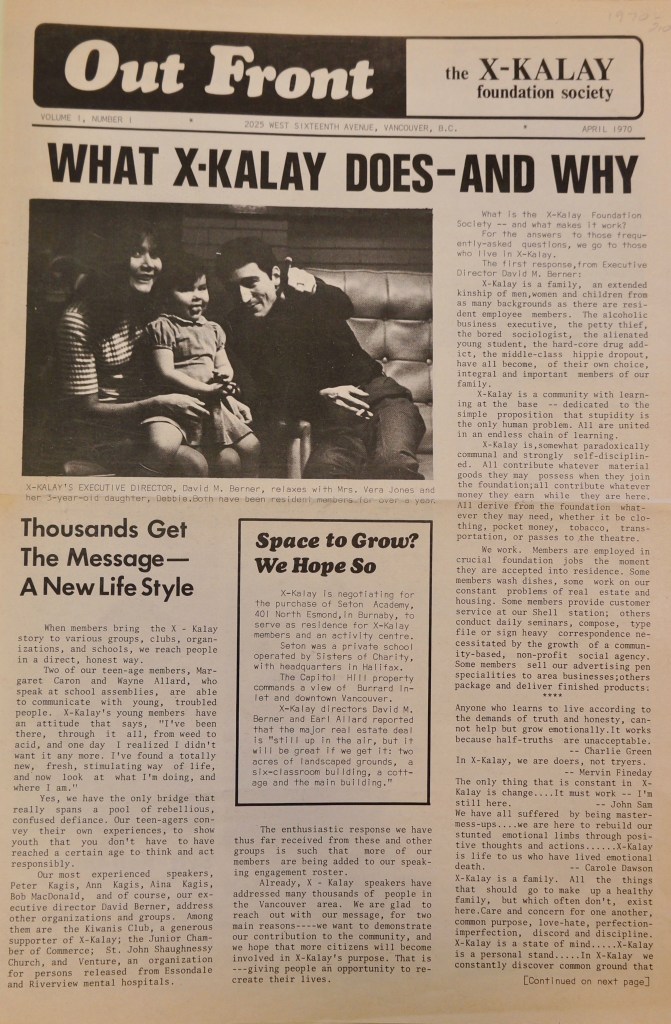



The residency included public talks, seminars, group discussions, lecture presentations, a film program and the creation of a series of photospheres (360° videos) depicting Dick’s time in the city, myself playing the author.
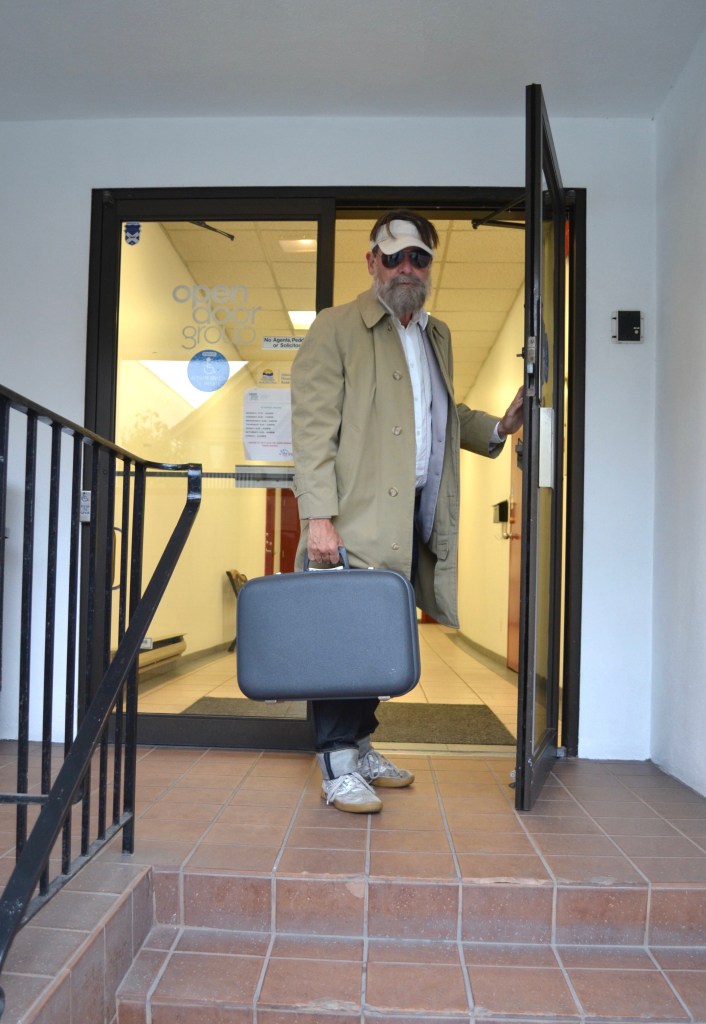
The photosphere videos, best viewed using the Firefox browser, are manipulable by the viewer. Click on the images below to view.
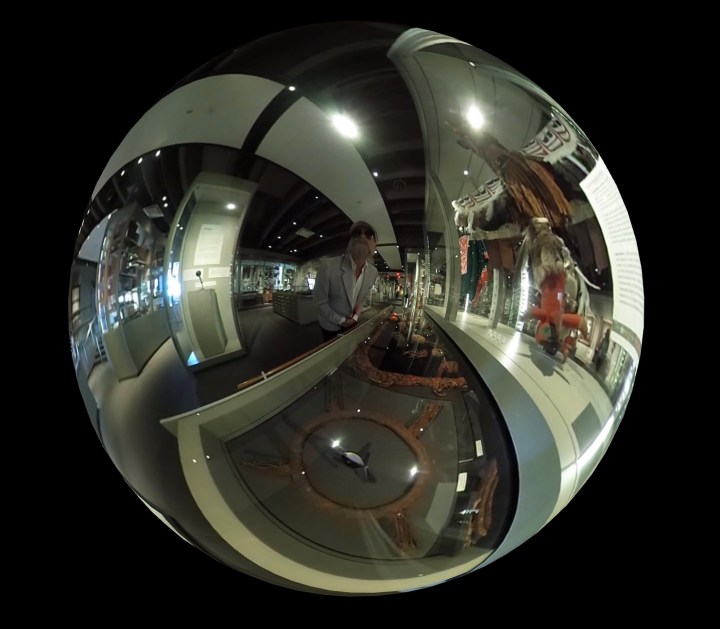
A page of photospheres can be seen here using the Chrome browser.
During the residency I gave a lecture in the gallery exploring the relationship between Dick’s ideas and the notion of ‘cannibal metaphysics’ proposed by the Brazilian anthropologist Eduardo Viveiros de Castro. The first half of that lecture can be seen here.
Following the residency I produced two sketches for a BC Time-Slip installation based on Philip K. Dick’s 1953 short story Colony, the first to be made into a radio play. The video includes audio recording of Dick talking about his time at X-Kalay.
More information about BC Tme-Slip can be found here.
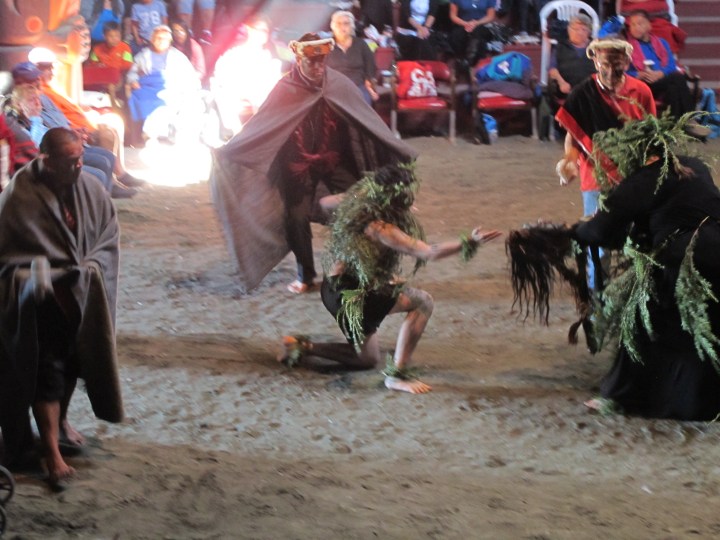
During the Dynamo residency I was invited to the inaugural potlatch of Chief Alan Hunt in Fort Rupert, Vancouver Island. Alan is a descendent of George Hunt, the Tlingit-English ethnologist who was Franz Boas’ main consultant for his classic work Kwakiutl Ethnography. During the ceremony Alan received the name Hamasaḵa. I have edited a complete document of Alan’s potlatch which are be used for educational purposes amongst Kwakwaka’wakw communities in Alert Bay and Fort Rupert. A selection of the documentation can be found here. Below is a video document of the Hamsamala Dance that took place during Alan’s ceremony.
The Hamsamala dance (Dance of the Hamatsa Birds) is the third part of the Hamatsa initiation ceremony which is a highly sacred rite. The three cannibal birds you see dancing are Qoaxqoaxualanuxsiwae (Raven-of-the-North-End-of-the-World), Gelogudzayae (Crooked-Beak-of-the-Sky) and Hoxhogwaxtewae (Hox’hok-of-the-Sky). They are the legendary consorts of Baxbakwalanuksiwae, the Cannibal at the North End of the World, whose body is covered in gaping, bloody mouths, and whose house billows red smoke. Their legend is closely associated with the Hamatsa secret society, members of which you can see directing the dancers with their rattles. The Hamatsa in the white shirt is Beau Dick, the great Kwakwaka’wakw artist, who sadly passed away in March 2017.
In December 2017 I conducted a 50-minute interview with David Berner, founder of X-Kalay in which he explains the history of the institution, the therapeutic techniques they used, the Settler/First Nations politics there and his memory of Philip K. Dick’s time at the foundation. You can watch the first part of the interview below. The other sections can be seen here.
In January 2019 my essay ‘In the House of the Man Eater’ was published in the catalogue for the Kwakwaka’wakw artist and activist Beau Dick’s posthumous exhibition Devoured by Consumerism that took place at White Columns gallery (New York) in April 2019. You can read that here.
